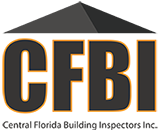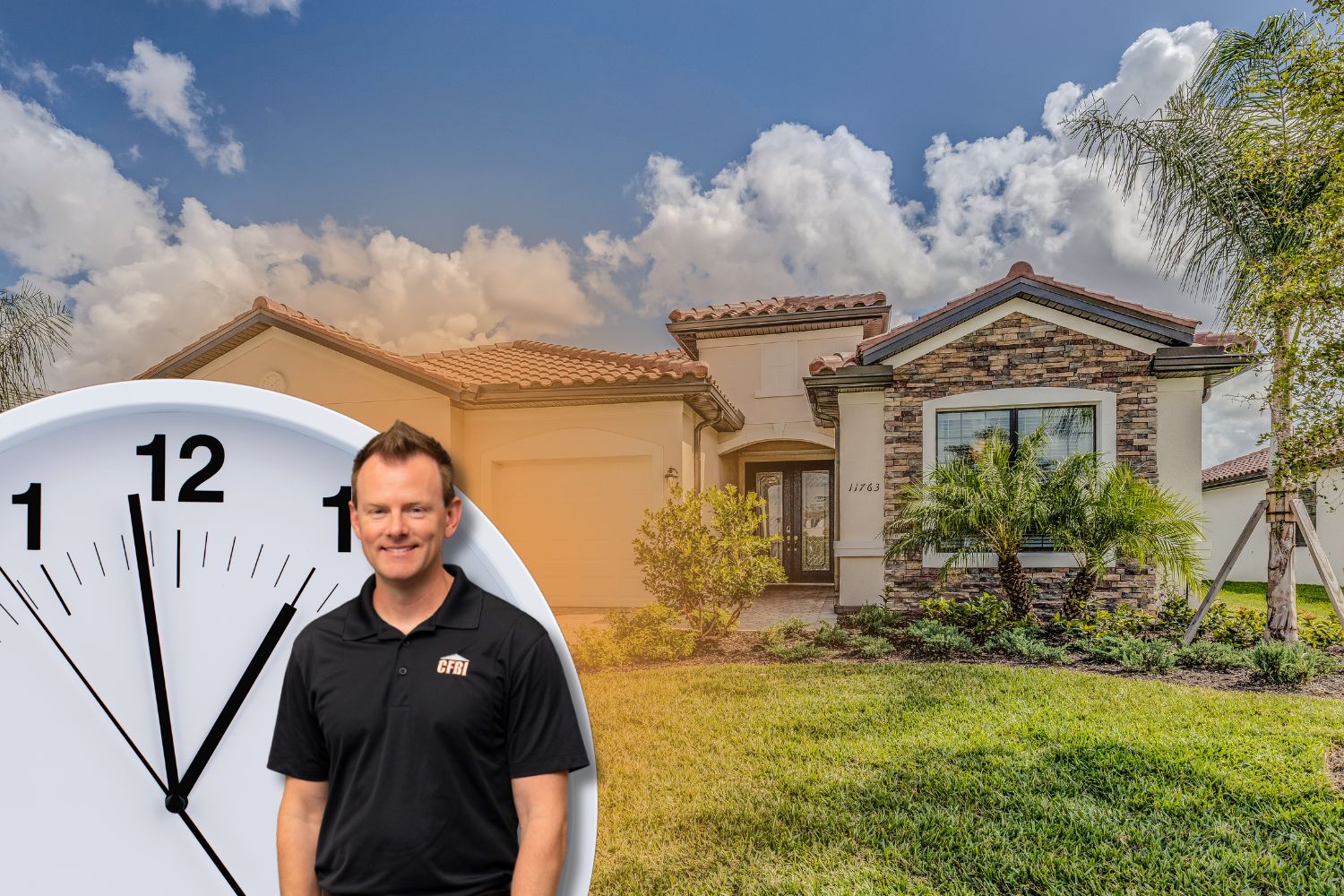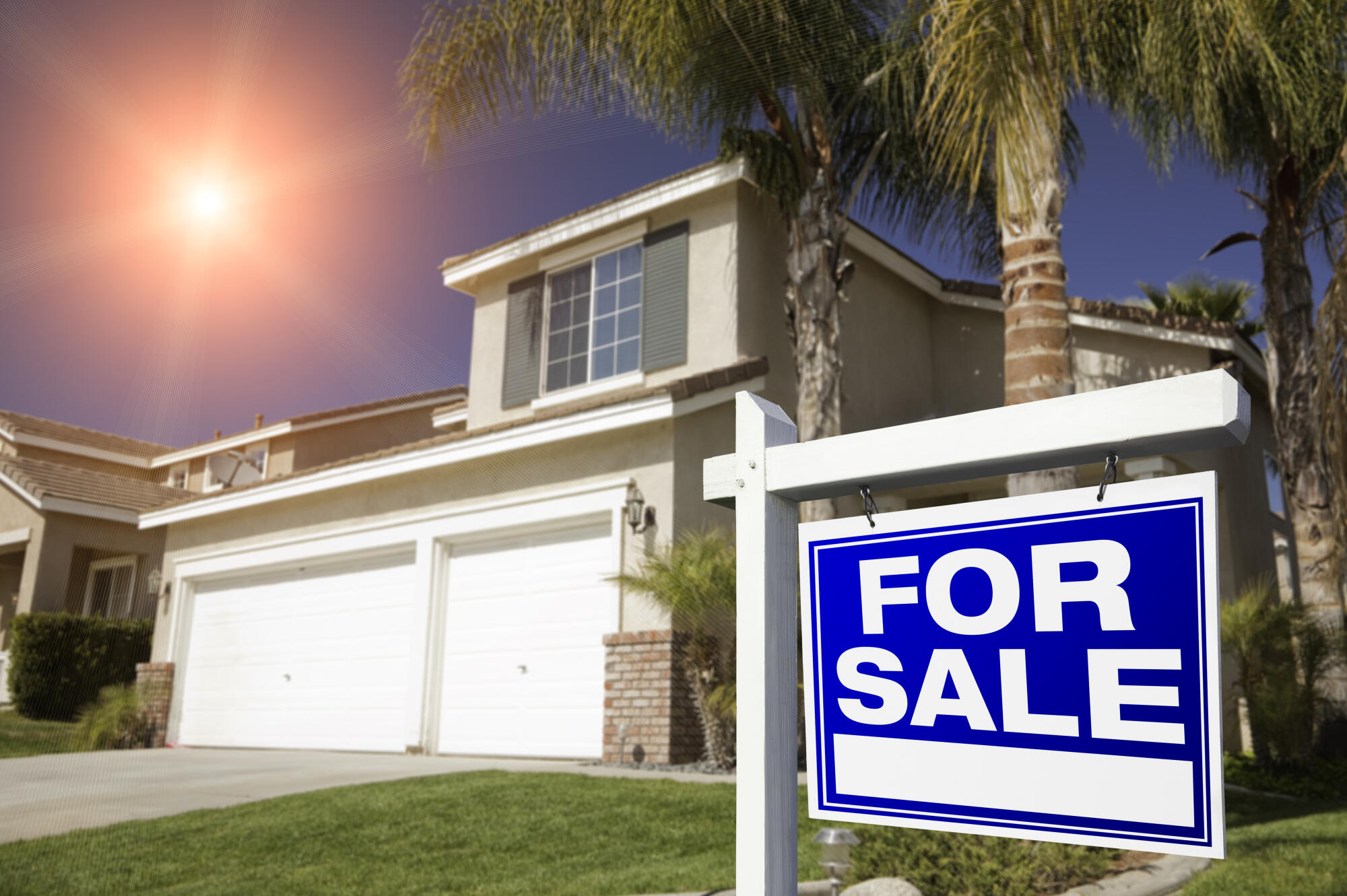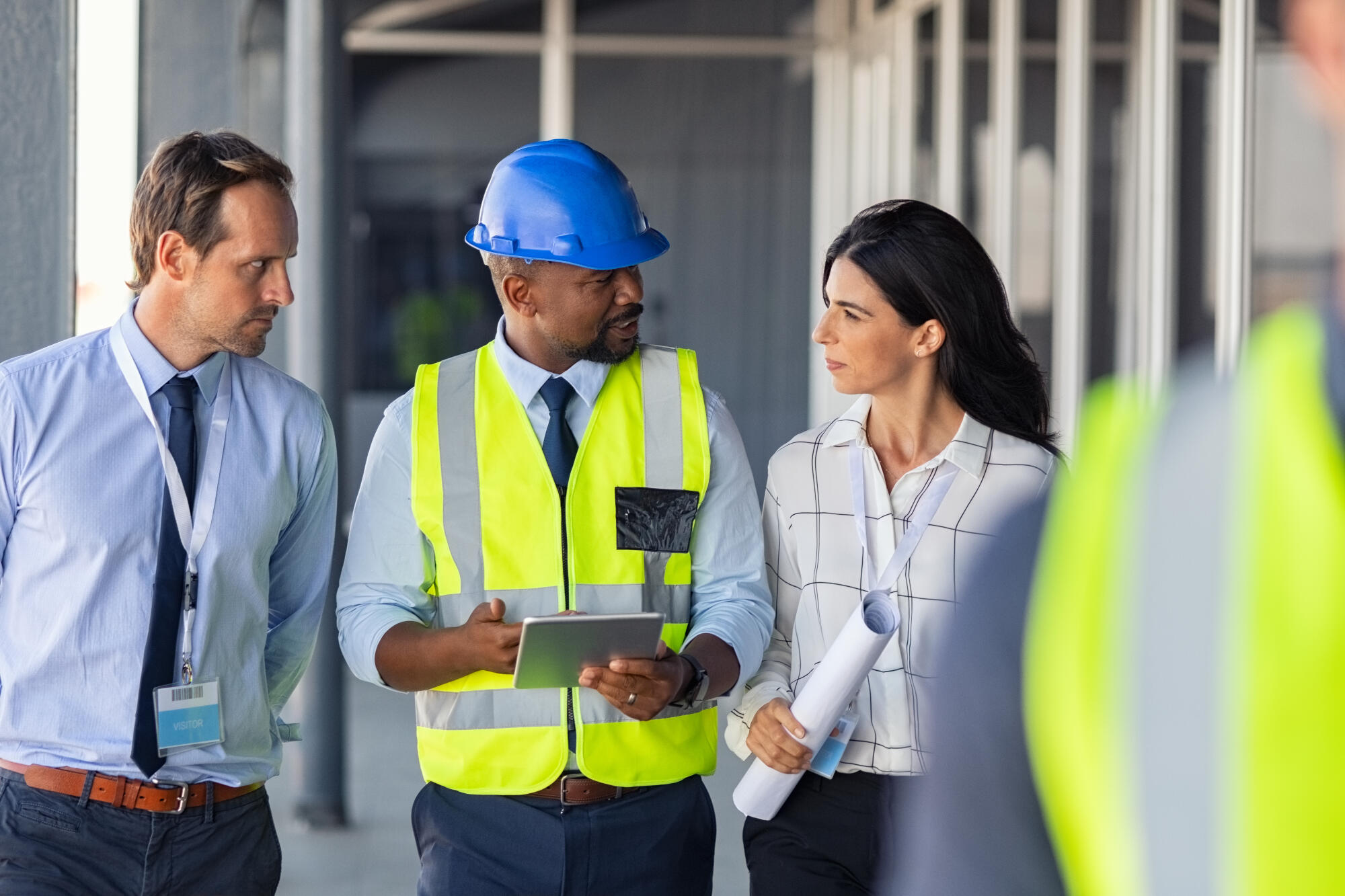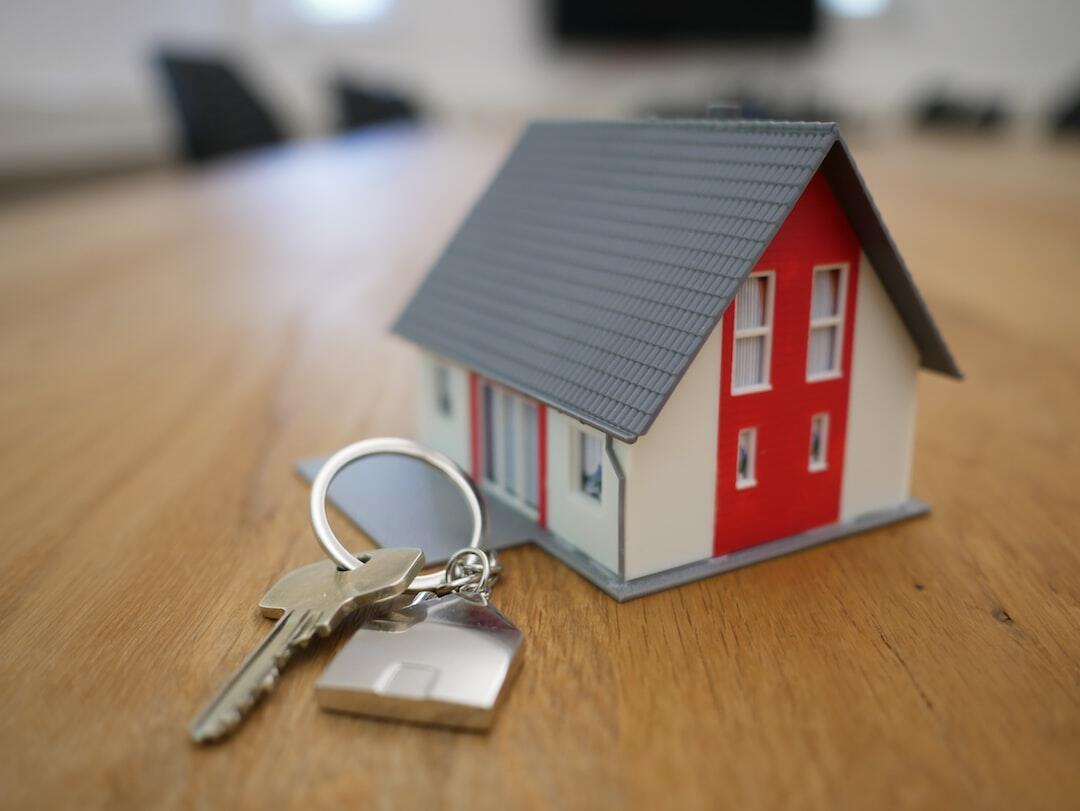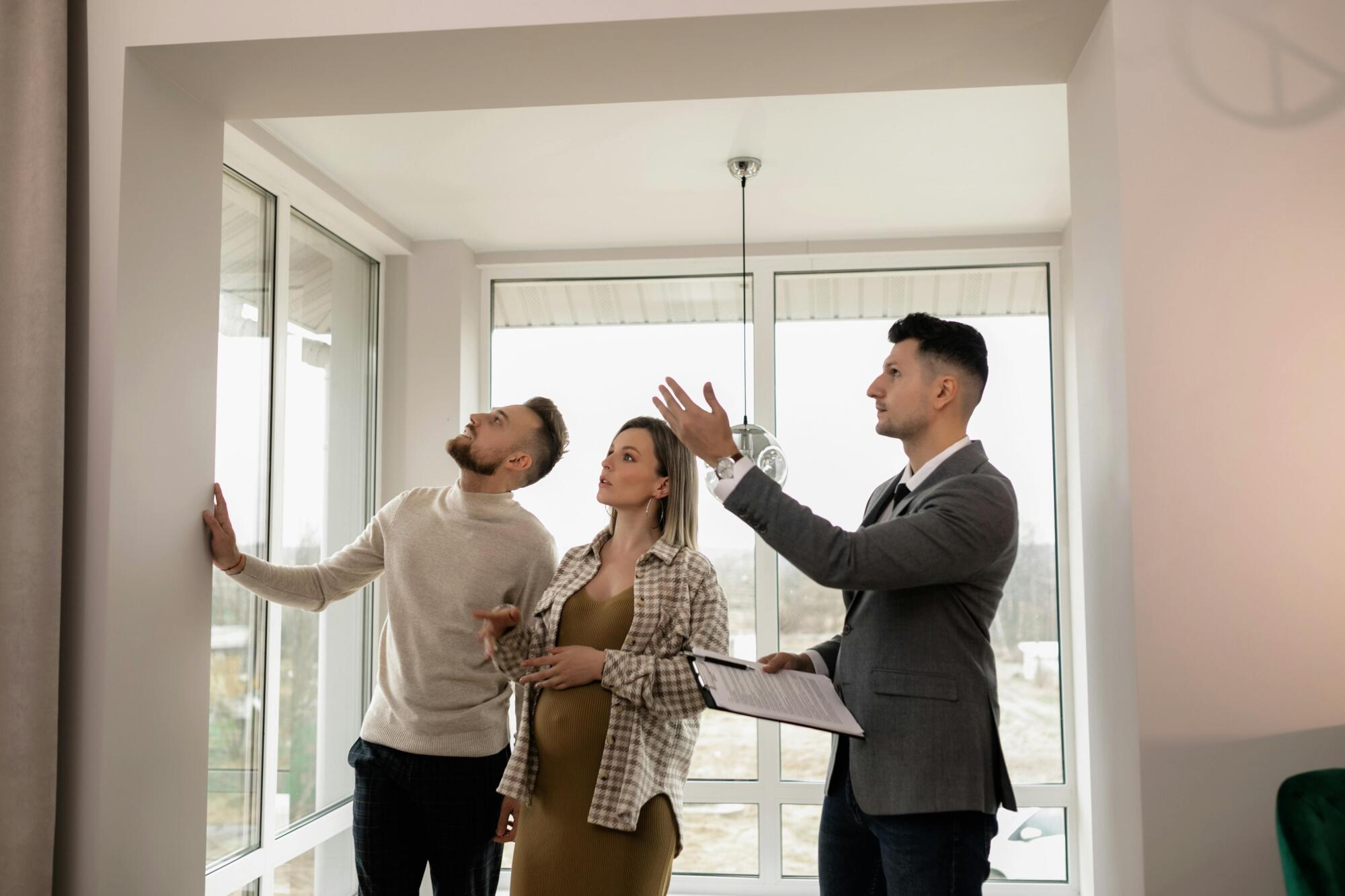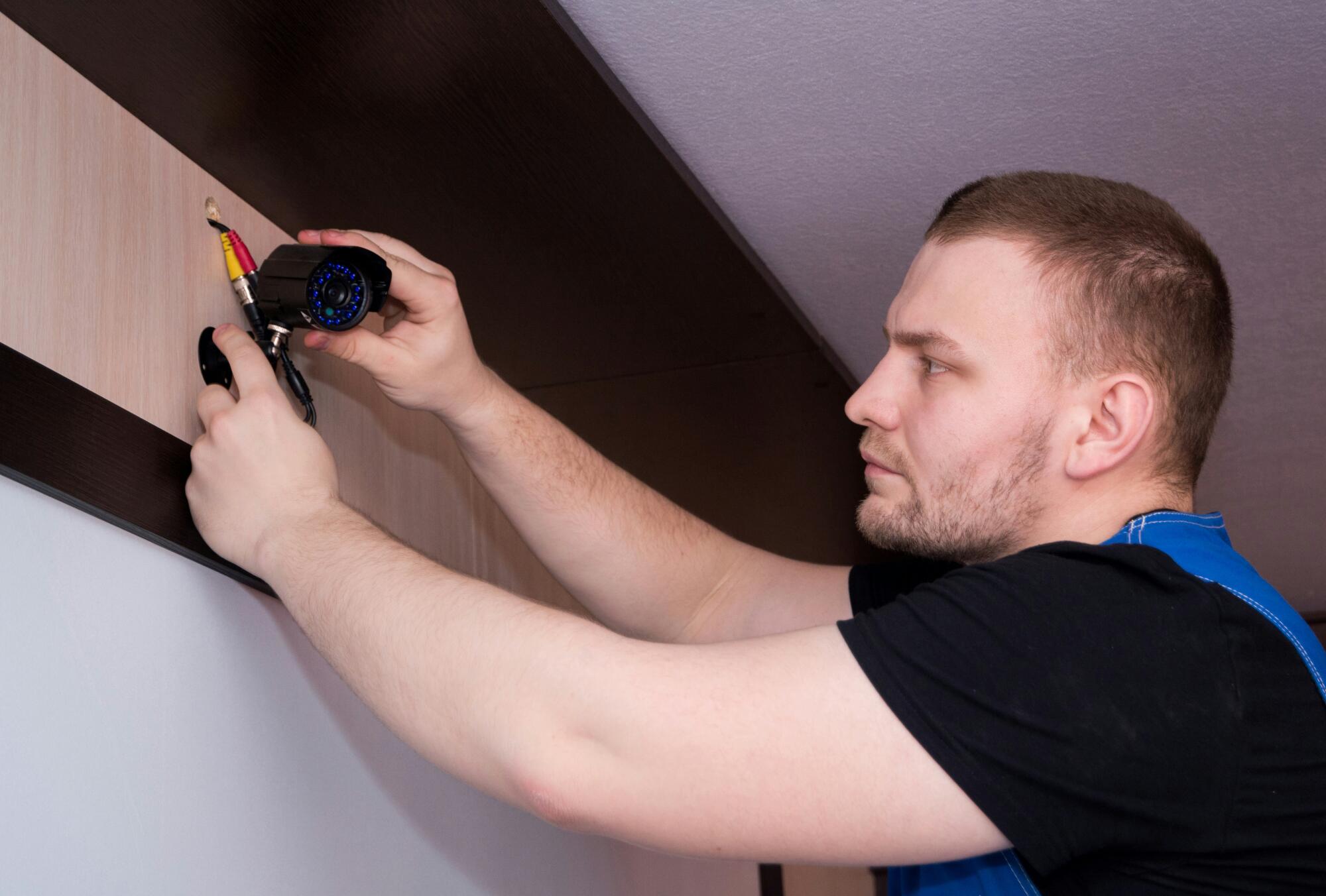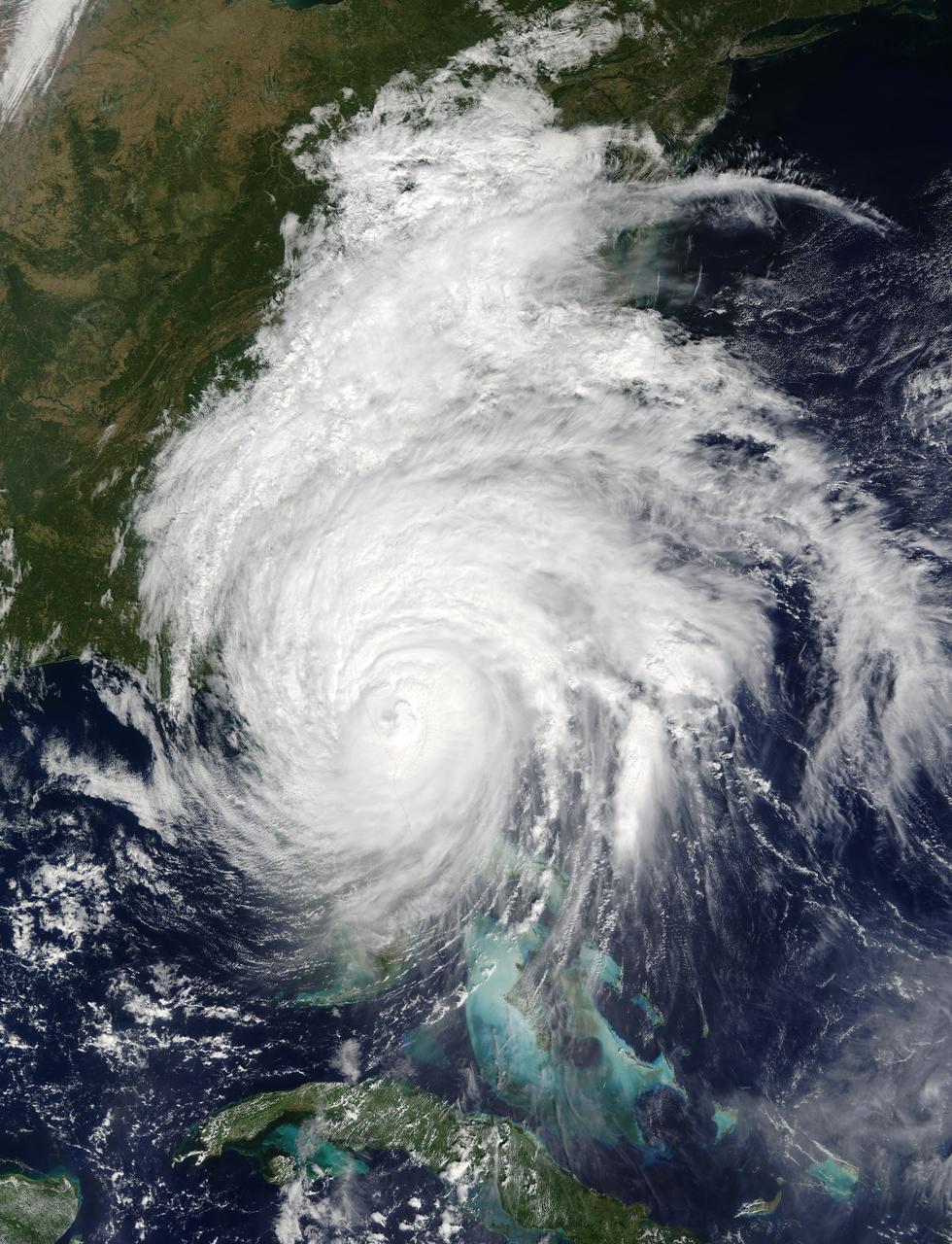By the end of 2028, the US construction industry’s value is estimated to be worth over $1.5 trillion. Much of this amount stems from the commercial construction space, particularly in growing cities like Tampa, FL.
While completing commercial construction projects can be a lucrative endeavor, it’s imperative to understand the common reasons they fail inspections. Doing so will prevent countless issues you may have otherwise encountered. Let’s explore some of the most notable so you can prevent future issues.
Improper Foundation Work
Foundations are crucial for any building, and a weak foundation can lead to project failure. If the soil beneath a building isn’t tested correctly, it can cause the structure to shift or sink.
Foundation work that doesn’t meet standards often fails inspections, putting the entire construction at risk. Working with commercial construction experts can help ensure the foundation is properly laid and compliant with regulations.
Inadequate Structural Support
Structural support ensures the building’s integrity and stability. Improper steel reinforcements or poorly constructed beams can jeopardize the entire project.
Buildings that lack the necessary support often don’t pass inspections. During construction project planning, it’s essential to include a detailed review of the structural framework to avoid issues later.
Non-Compliant Electrical Systems
Electrical systems need to meet strict codes for safety. Faulty wiring or an overloaded electrical setup is a common reason for inspection failures.
Ensuring that all components are properly installed and meet code requirements is vital. Many commercial building services specialize in electrical compliance, helping construction projects pass this critical part of the inspection process.
Faulty Plumbing Installation
Plumbing issues are a frequent cause of construction delays and failed inspections. Improper pipe fittings or low-quality materials can lead to leaks and water damage.
A well-designed plumbing system (integrated into the commercial construction plan) helps prevent these problems. Hiring professionals with expertise in plumbing installation will also ensure compliance with local building codes.
Substandard Roofing Materials
The quality of roofing materials can affect a building’s durability and energy efficiency. Inferior materials or poor installation can lead to:
- Leaks
- Mold growth
- Insulation issues
Roofs often fail inspections when materials do not meet required standards. Investing in high-quality roofing during construction project planning ensures longevity and minimizes the chance of inspection failure.
Incomplete Fire Safety Measures
Fire safety is one of the top concerns during building inspections. For example, missing or inadequate sprinkler systems/fire alarms often result in immediate failures.
It’s crucial to follow fire codes precisely to ensure that the building is safe for occupancy. Construction projects benefit from the input of commercial construction experts to design and install proper fire safety measures.
Poor Ventilation and HVAC Systems
Proper ventilation is necessary for maintaining indoor air quality and regulating temperature. Inspections often fail when HVAC systems are poorly installed or don’t meet energy standards.
It’s important to work with specialists who understand the complexities of ventilation and heating to avoid these problems. Solid planning ensures that the system is efficient and compliant with local regulations.
Incorrect Accessibility Compliance
Accessibility compliance ensures that all people (including those with disabilities) can safely navigate the building. Carefully considering accessibility during construction project planning helps prevent future costly modifications. When you maintain compliance from the beginning, you’ll also save time and money.
Improper Drainage Systems
Drainage is crucial for preventing water damage to a building, and neglecting it is a costly mistake. Construction projects often fail inspections when drainage systems aren’t properly designed. Ensuring that drainage is integrated into the commercial construction plan reduces the likelihood of these issues.
Use of Non-Approved Materials
Building codes require the use of approved materials to ensure safety and durability. Using materials that don’t meet local regulations can cause delays and inspection failures.
It’s essential to verify that all materials used meet the appropriate standards. Contractors focused on construction quality help ensure that only approved materials are incorporated into the project.
Finding a Professional Inspector
Working with a reputable inspector can alleviate the issues in this list, but not everyone understands what to look out for. The good news is that it’s easier to narrow down your search than you might anticipate. Let’s take a closer look at key attributes to keep in mind.
Verify Credentials
A qualified inspector should have the proper certifications and training to meet industry standards. Without these credentials, their assessment might lack accuracy or reliability. Always ask for proof of certification to ensure you’re working with a professional who knows the latest building codes and regulations.
Check Their Commercial Project Experience
Inspectors who primarily handle residential buildings may not fully understand the complexities of commercial spaces. It’s crucial to find someone with significant experience in handling commercial projects. Their familiarity with the unique challenges of larger buildings will ensure a more thorough inspection.
Understand Their Specialties
Not all inspectors are experts in every aspect of construction. Some may focus on electrical systems, while others are more knowledgeable about structural integrity. Knowing an inspector’s specialty can help you decide if they’re the right fit for your commercial construction plan.
Read Reviews and Testimonials
Online reviews and testimonials provide insight into the inspector’s work quality and professionalism. Look for feedback from previous clients who had similar projects to yours.
Doing so helps you avoid inspectors with a history of missing key issues or delivering poor service. Even a single oversight can be catastrophic.
Confirm Licensing and Insurance
Licensed inspectors follow strict guidelines set by the state or local government. If the inspector is uninsured, you could be held liable for any accidents that occur during the inspection. Always confirm that they have the necessary licensing and insurance before proceeding with the work.
Avoid These Commercial Construction Inspection Issues
The tips in our guide will help ensure your commercial construction inspection goes as smoothly as it should. From here, you’ll have no trouble reaching your goals while preventing complications in Tampa you may have otherwise dealt with. Just be sure to find the right professional.
Central Florida Building Inspectors (CFBI) offers state-of-the-art commercial and residential inspections using infrared thermal scans and HD videos. Our certified inspectors use cutting-edge technology (including drones) to provide thorough and detailed assessments. You’ll learn more about how we can help when you get in touch with us today.
